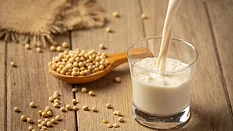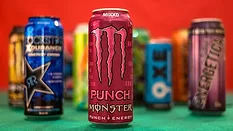
Beverages
This food category encompasses waters, juices, non-alcoholic, and non-dairy beverages, as well as alcoholic beverages.
Articles
More ArticlesNever miss the latest news and trends driving the food safety industry
Newsletters | Website | eMagazine
JOIN TODAY!Copyright ©2026. All Rights Reserved BNP Media.
Design, CMS, Hosting & Web Development :: ePublishing


